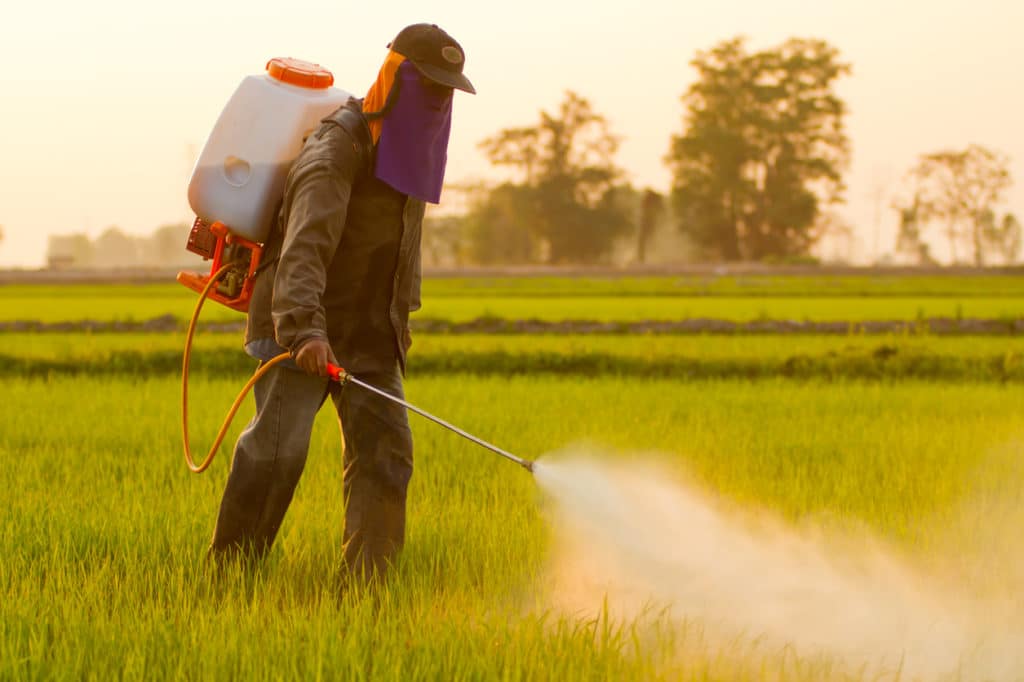On July 13, Tennessee became the fourth state to restrict dicamba this month. In Arkansas, where nearly 600 complaints of crop damage were reported by July 10, dicamba is banned for the next 120 days and lawmakers want to increase fines for illegal spraying to $25,000.
Earlier this month, Missouri temporarily banned dicamba after receiving 160 complaints. Missouri now has similar rules as Tennessee, where spraying is restricted to certain hours and weather.
Kansas is also investigating complaints of crop damage from dicamba. There are now at least 1,000 complaints in a dozen states in the U.S.
According to Hunter Raffety, a farmer in Wyatt, Missouri:
We’ve had damage across just about every acre of soybeans we farm in southeast Missouri. In our small town, the azaleas, the ornamentals, people have lost their vegetable gardens. It’s a big problem.”
Farmers have been using dicamba for decades. Historically, dicamba was applied to soil before plants sprouted to control weeds. That all changed when Monsanto invented genetically-modified (GMO) plants that were engineered to survive being sprayed with dicamba, allowing farmers to spray dicamba on growing plants to kill surrounding weeds.
Monsanto started selling dicamba-resistant GMO soybean seeds in 2016, but warned farmers not to spray dicamba on the crop because doing so would be illegal — and subject to a maximum $1,000 fine.
Not surprisingly, thousands of farmers who bought the seeds did some simple math and decided to spray dicamba illegally, taking their chances at incurring a fine so they could boost profits on their crops.
The problem with dicamba — and the reason spraying it on crops is illegal — is that dicamba evaporates very quickly into the air and drifts over neighboring fields and homes. The most obvious effect is crop damage. Dicamba also has negative health effects if people breathe it.
The result has been a lot of crop damage and angry farmers. In Missouri, illegal dicamba spraying destroyed over 200,000 acres in 2016. Nationwide, millions of acres of crops have been damaged in Alabama, Arkansas, Illinois, Kentucky, Minnesota, Mississippi, North Carolina, Tennessee and Texas.
Source: Dicamba use now restricted in fourth state, Tennessee
